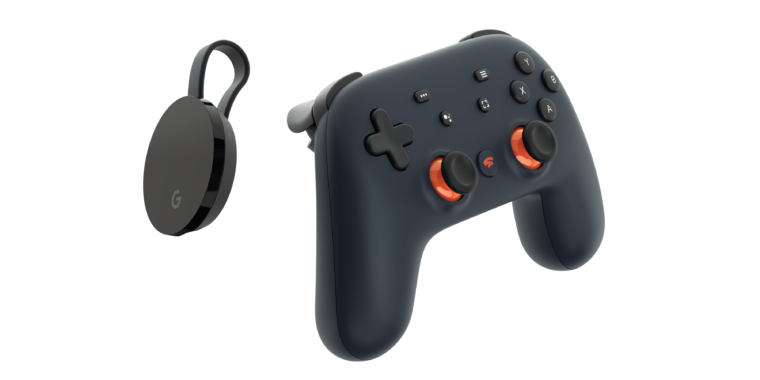CyberPanda
Banned
When Google launches its Stadia streaming service on November 19 (for some pre-orderers, at least), it will only include titles that are also available on standard PCs and consoles. Going forward, though, the company says it's going to focus on first-party exclusives "that wouldn't be possible on any other platform."
That's how Google head of Stadia Games and Entertainment Jade Raymond (well-known as one of the creators of Assassin's Creed) summarized the company's plans in a recent interview with GamesIndustry.biz. Google announced today that its first first-party game development studio would be located in Montreal, and Raymond told GI that studio will be focused on trying things that other dedicated game platforms can't do.
Part of that promise, Raymond says, is the ability to use Google's distributed data center hardware to perform real-time calculations that can't be done on even the most powerful home hardware. "A fully physics-simulated game is one of the Holy Grails of game creation since Trespasser was being imagined 20-something years ago, and now we finally have a platform where we'll be able to deliver some of those experiences," Raymond said, making reference to the overly ambitious failure of 1998's Jurassic Park: Trespasser.
That distributed server technology could also aid in the performance and scale of MMOs, Raymond said, because "everyone [on Stadia] is essentially playing in one big LAN party as far as the tech is concerned. There is no difference or constraints from an architecture perspective of how far the users are, or worrying about replication and all the other things that typically limit the number of people you can have in a game." “Believable human interaction”
Those kinds of promises echo ones made by Google's Phil Harrison in April, when he called out the potential for Stadia to handle "complex multiplayer going from hundreds to tens of thousands in a very sophisticated world... every change that I make to my world can be instantly, in microseconds or less, be distributed to every other client... You can't do that with a discrete box."
But Raymond went further when talking to GI. Drawing inspiration from Google's AI-powered natural-language virtual-phone-call-assistant "Duplex" project, she foresees story-based Stadia games with characters that have "believable human interactions" rather than canned lines of repeated dialogue. She also talked up the potential to watch a YouTube documentary that includes footage of a classic game, then jump into a Stadia-powered gameplay session with that game directly.
Amid the excitement for the new technology, though, Raymond also acknowledged potential growing pains in the new space of cloud-exclusive game development. Just because Stadia lets you be in a battle with thousands of simulated soldiers, for instance, doesn't mean that battle will actually be any more fun than one on a smaller scale. "Is that going to be cool, or just too chaotic?" Raymond wondered rhetorically.
That could be an important question for the makers of Orcs Must Die 3, a timed third-party Stadia exclusive announced back in August for a spring 2020 release date. The developers said at the time that the game will feature massive armies of up to 500 enemy monsters clustered together in a tight space. "Everyone gets that same massive [processing] power," Jones said of Stadia's distributed cloud architecture.
A game like Football Manager may have an easier time selling the advantages of Stadia, though. In August, developer Sports Interactive said Stadia "will be the fastest way to experience" the next game in the franchise, using distributed servers to "ensure that more matches can be processed in parallel utilizing spare bandwidth across the whole system."
In any case, Raymond said Google's own attempts to utilize this cloud architecture in gaming might take "several years" to come to fruition. "It won't be four years before gamers get to see the new exclusive, exciting content," she added. "There will be some coming out every year, and more and more each year."

Google: Stadia exclusives to have features “not possible” on home hardware
From thousands of on-screen soldiers to Duplex-powered "believable human interactions."



